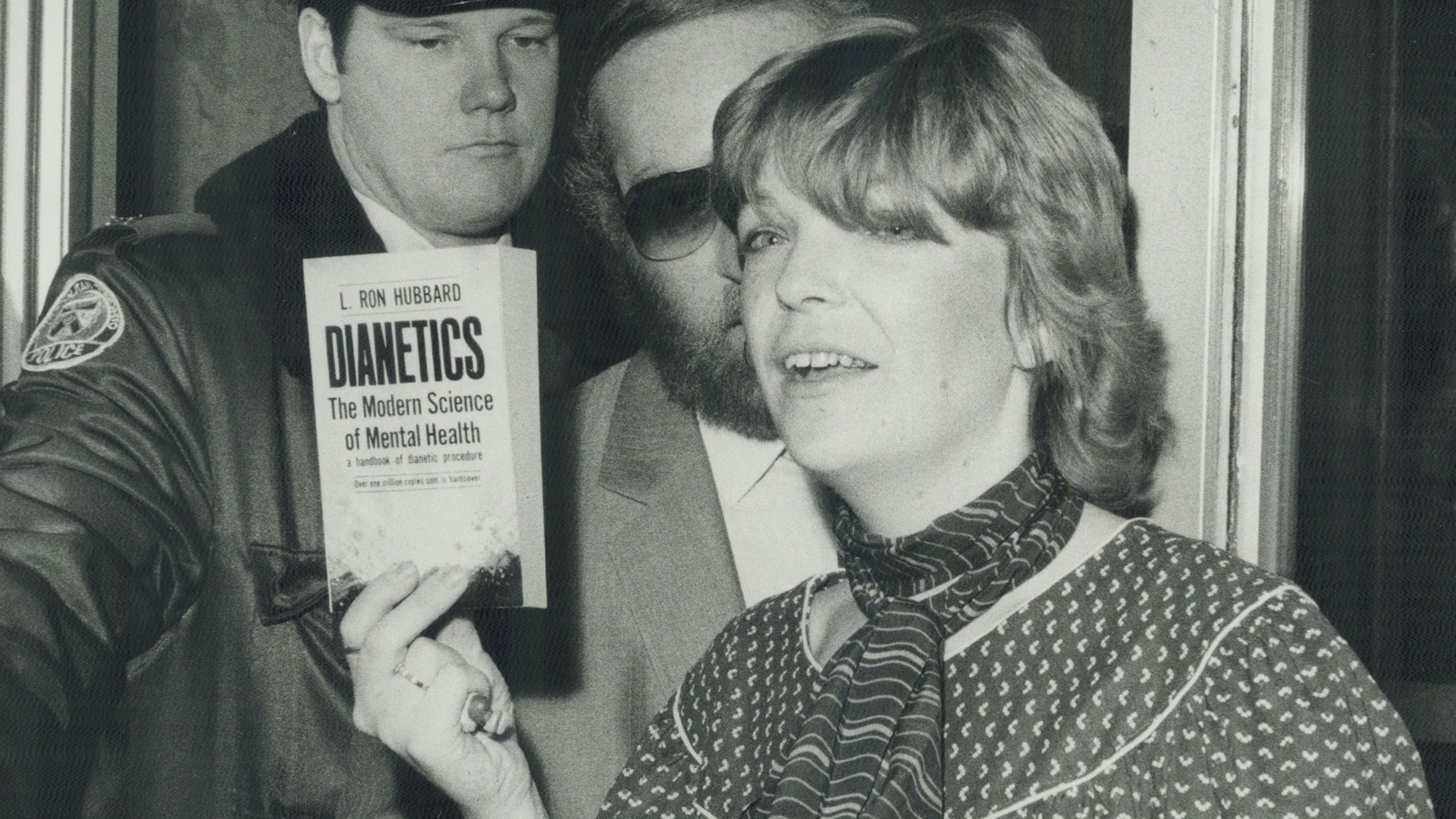The 10-Minute Rule for Dianetics
The 10-Minute Rule for Dianetics
Blog Article
What Does Dianetics Do?
Table of ContentsSee This Report about DianeticsThe Greatest Guide To DianeticsNot known Details About Dianetics Dianetics - Truths
I couldn't ever not desire to get anything that comes to mind for you- if it was otherwise, I wouldn't be resting here with you, doing this. I not only could never have an issue, or otherwise intend to hear something that comes to mind for you, but I'm entirely eager to recognize every concept, every thought, every image or feeling that arises or materializes for you- don't ever before assume otherwise, and if for some factor you do, please simply let me understand! Sometimes, you might have an idea, and image, concept or occurrence turn up that does not appear to answer the question, or associate with it, however nonetheless, always do inform me regarding it, and as we continue, the significance will certainly arise for you.This is inherent in the basis of handling, and the topic of this conversation: the fundamental roles of the counselor and the client: The fundamental role of the therapist is, unlike "standard training", not to regulate, which suggests to enforce and/or inhibit, but to rather work from the basis of EMPOWERING THE CUSTOMER.

Our Dianetics Statements
John Mcmasters expressed this standard truth splendidly well in one of his lectures on Power processing, wherein he clarifies exactly how he was asked what this "special flair" was that he had for providing such wonderful sessions; he needed to think of that for a moment, and detected that it was what he had not been doing, as well as what he was doing: he had not been examining, evaluating, computing, or as a matter of fact, generating any kind of thoughts, allow alone spoken expressions, after giving the command and while waiting for the PC to complete their solution to their fulfillment; he was, merely and just, existing with the PC, and completely interested.
The role of the therapist, showed; that was his "unique propensity". I have actually had my own experience which instructed me this well, very beforehand in the video game. In 1982, having just recently completed my training and teaching fellowship on New Age Dianetics, I was running this on a PC, and there was a point in the session where (being a bit damp behind the ears not yet having numerous hours under my belt as an expert auditor) the PC appeared to be "taking as well long" to share anything vocally after I offered him a command.
This trick transformed out to be the most important payment why not try this out that John ever made to the topic of therapy or bookkeeping (Dianetics). In my humble more viewpoint, it is the best contribution that anyone has actually ever made to these subjectsthe application is totally non-judgemental, non-evaluative, and lacking any type of suggestion, advice or opinion.no preconditioned schedule for individuals, or 'degrees' that they must do
In Idenics, the only resource of info regarding a client is the specific customer. In Scientology we prided ourselves on not assessing for individuals. All that actually meant was that the auditor did not VERBALLY evaluate for the Computer in session. The registrars and principles policemans reviewed for the computer.
Dianetics Fundamentals Explained

Any person that had actually ever seen John audit can not assist but notice a distinct top quality in his bookkeeping."The client's fundamental function is to be there with the function of relocating the instructions of their spiritual objectives, and to freely and totally express and experience whatever manifests for them in addressing the questions and carrying out the guidelines in the processing.
This is something to process as needed. Yet additionally, individuals frequently have prior experience and/or brainwashing in auditing/processing which, in some methods, and to some degrees, actually misdirects go to website them into perspectives, ideas and habits patterns that stop the complete awareness of these roles, and so they will have a tendency to prevent the expressing of what enters your mind, as in the examples given over. * The initial, and possibly foremost examples of mis-indoctrination leading to less than totally smooth and efficient sessions, can be located in particular elements of the training regimens, or "TR's":"TR's" are typically an individual's very first, or at least early, experience in Scientology, and while I will take place to explain what I view as the defects in concept and practice, however, tend to be considerably healing, done as they are provided (Hubbard firmly insists that "TR's are not processing, they are training", but factually, they are both handling AND training)
There is no "failing", and no denial of the reality of this being handling. The emphasis, as it needs to be, is on experiencing the various other person's visibility.
The Main Principles Of Dianetics

Report this page